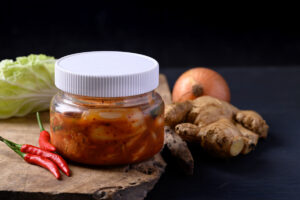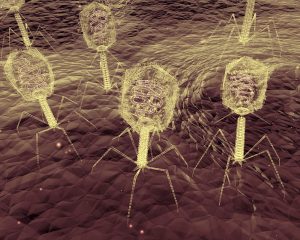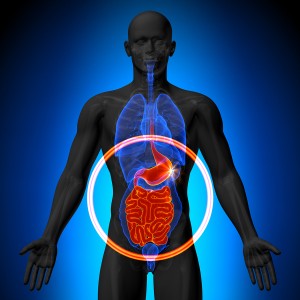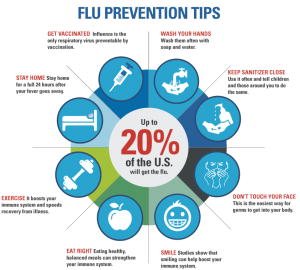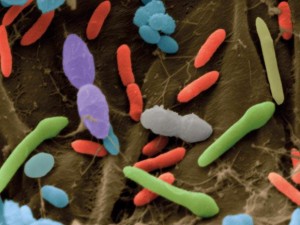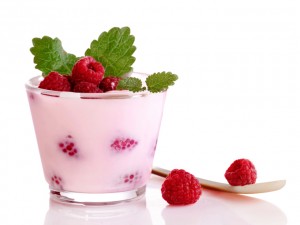Recently a medical publication stated that certain probiotics are not as harmless as thought. Researchers presented their findings at the American College of Chest Physicians 2022 Annual Meeting. 23,533 ICU admissions to a number of hospitals in Colorado over a 5-year period were the data base for this study. There was a clear relationship between taking probiotic powder and the fact that some of these gut bacteria make their way into the blood stream. This condition has the name of bacteremia. Although bacteremia is uncommon (only 0.37%), the mortality rate for those who developed probiotic-related bacteremia was 25.6%. This is about twofold greater than the 13.5% mortality rate of controls who did not take probiotics. The risk ratio was 2.23-fold higher for ICU patients who ingested probiotics versus those who did not. What killed the patients who took probiotics were the gut bacteria that entered into their blood stream.
Discussion of “certain probiotics are not as harmless as thought”
Physicians often recommend probiotics as tools to improve the gut bacterial flora. Unfortunately, there is a lack of research in this area. There is no hard evidence that probiotics are beneficial for irritable bowel syndrome or ulcerative colitis. There is also no hard evidence that a previously deranged bowel flora would transition into a healthy bowel flora. On the other hand, we also know that fermented vegetable products like kimchi or sauerkraut also have beneficial bacteria in them that can support your bowel flora. One of the problems is the concentration of probiotic supplements. They come in 80 billion, 100 billion and higher bacteria counts per capsule. It is possible that some of these bacteria find their way through cracks in the lining of the bowel into the blood stream.
Patients outside the ICU setting
ICU patients are vulnerable and often have immune deficiencies. It may be that in regular patients outside the ICU probiotics may not be that problematical. But nobody knows for sure as there are no studies available that support this. The practice of recommending probiotics over sauerkraut and kimchi is simply based on hearsay.
Risk assessment necessary
Once probiotic bacteria are in the blood, they can freely travel through the circulatory system into the rest of the body. This is how septicemia develops. This is a dangerous condition, which does not always respond to antibiotics. It is because of this why there is such a high mortality rate as I mentioned above.
As mentioned, there is a lack of good evidence for the beneficial effects of probiotics. However, there is a risk of bacteremia in ICU patients. This warrants a risk assessment whether or not we should supplement our food intake with probiotic supplements or not. Fermented vegetable products like kimchi or sauerkraut are not as highly concentrated as probiotic capsules. Nevertheless, they are useful supplements that you can mix into salads or use as a side dish to your main meal. Until the time that more evidence is available about probiotics it is best to not take probiotics. Replace it with kimchi and sauerkraut.
Fermented foods versus probiotics
Fermented foods like sauerkraut and kimchi can help the gut balance its bacteria. But there are other fermented foods that can help your gut: yoghurt and kefir, which is a fermented probiotic milk drink. Other fermented foods are tempeh, miso, kombucha and pickles. The good bacteria outnumber the bad bacteria when you consume fermented foods regularly. Kimchi does not only provide healthy gut digestion, but it also prevents the formation of toxins from unhealthy gut bacteria. These toxins can damage the kidneys. So, kimchi prevents kidney damage.
Sauerkraut and kimchi are fermented foods that have been consumed for hundreds of years. They provide nutrients, vitamins and minerals along with plenty of fiber and probiotic bacteria to support the gut. I consider kimchi and sauerkraut the better probiotic than probiotic pills, which likely are too concentrated.
Conclusion
Recently a publication reported about 23,533 ICU admissions to various hospitals in Colorado over a 5-year period. These patients took daily probiotics. There was a clear relationship between taking probiotic powder and the fact that some of these gut bacteria made their way into the blood stream. Unfortunately, there was a mortality risk of 25.6% for probiotic-related bacteremia. Controls not taking probiotics had a much lower mortality rate of 13.5%. The investigators concluded that a literature search failed to support beneficial effects of the probiotic powder. The evidence was rather weak and did not justify the risk of probiotic-bacteremia. In contrast, natural probiotics in the form of fermented foods like kimchi and sauerkraut have been around for centuries and are known to be safe. I see no reason why we should take a risk with probiotic pills when there are many alternative fermented foods.
